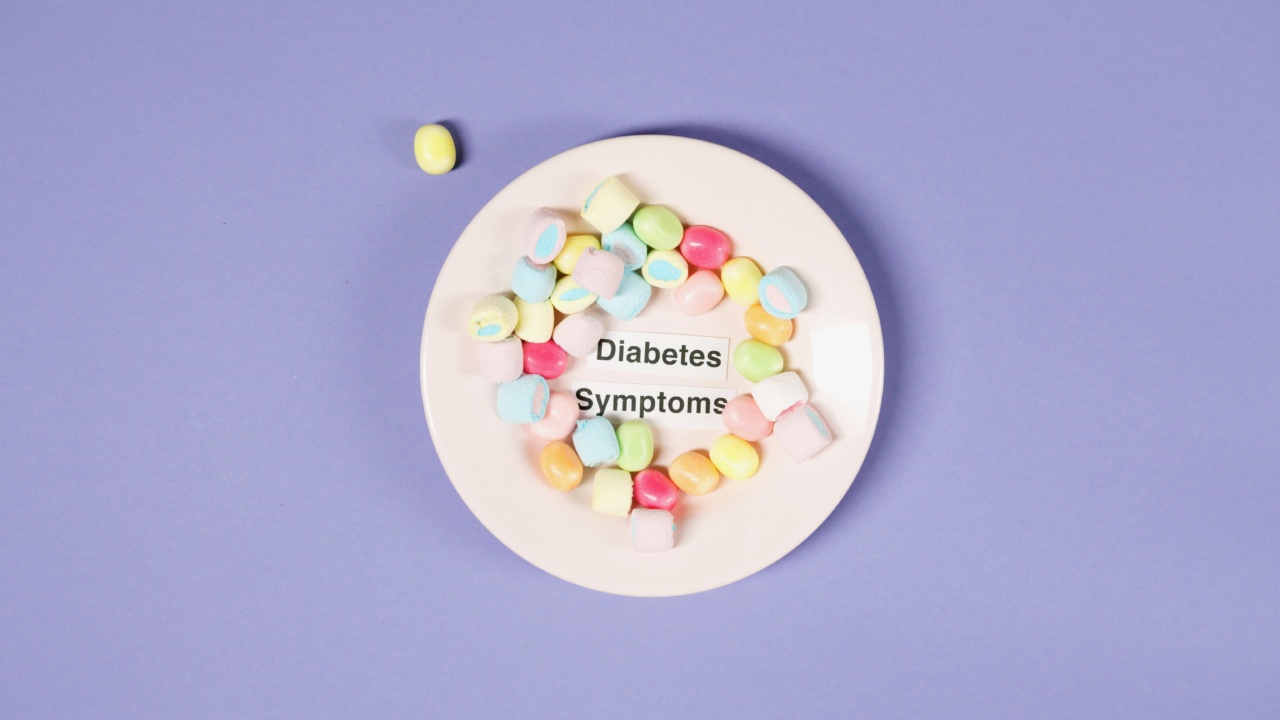Multiple sclerosis (MS) is a chronic autoimmune disease that affects the central nervous system, causing various neurological symptoms.
While there is no cure for MS, certain lifestyle factors, including diet, can play a role in managing the condition and potentially alleviating symptoms.
Research suggests that certain foods may aggravate MS symptoms and contribute to inflammation in the body, potentially leading to disease progression.
In this article, we will explore some of the dietary choices that individuals with MS should consider avoiding or minimizing to help control their symptoms.
1. Foods High in Saturated Fats
A diet high in saturated fats, found predominantly in animal-based products such as red meat, full-fat dairy, and butter, may increase inflammation in the body.
Studies have shown that saturated fats can activate inflammatory pathways, potentially worsening MS symptoms. Therefore, it is recommended to limit the consumption of these foods and opt for healthier alternatives.
2. Processed Foods
Processed foods, including ready-made meals, fast food, and packaged snacks, often contain high levels of trans fats, refined sugars, and artificial additives. These ingredients can exacerbate inflammation and oxidative stress in the body.
It is advisable for individuals with MS to prioritize whole, minimally processed foods to minimize symptom aggravation.
3. Gluten and Dairy Products
Some individuals with MS may experience sensitivities or intolerances to gluten or dairy products. Gluten, a protein found in wheat and other grains, can trigger an immune response in susceptible individuals.
Dairy products, particularly those derived from cow’s milk, may also contribute to inflammation. It is recommended to eliminate or reduce these foods from the diet and observe any improvements in symptoms.
4. Sugar and Artificial Sweeteners
Studies have linked excessive sugar consumption to increased inflammation in the body.
Additionally, artificial sweeteners, commonly found in diet sodas and low-calorie desserts, have been associated with adverse effects on gut health and immune function. Reducing the intake of sugary foods and opting for natural sweeteners like honey or stevia may be beneficial for individuals with MS.
5. Nightshade Vegetables
Although nightshade vegetables like tomatoes, peppers, and eggplants are generally considered healthy, some individuals with MS may experience increased inflammation when consuming them.
While the evidence is limited and varies from person to person, it may be helpful to monitor the intake of nightshade vegetables to see if they worsen MS symptoms.
6. Alcohol
Alcohol can have various effects on the body, including increased inflammation and oxidative stress. Additionally, alcohol can interfere with the effectiveness of certain medications used to manage MS symptoms.
Individuals with MS should consult their healthcare provider regarding the appropriate consumption of alcohol, taking into account their unique circumstances and any potential interactions with medications.
7. High Sodium Foods
A high-sodium diet can lead to fluid retention and increased blood pressure. Excessive sodium intake may also exacerbate MS symptoms, such as fatigue and difficulty with bladder control.
It is important for individuals with MS to monitor their sodium intake and opt for low-sodium alternatives when possible.
8. Caffeine
Caffeine, found in coffee, tea, energy drinks, and chocolate, can potentially worsen MS symptoms due to its stimulant effects.
While the research on caffeine and MS is inconclusive, some individuals may experience increased tremors, anxiety, or sleep disturbances. Moderating caffeine consumption or switching to decaffeinated options may be beneficial.
9. High-mercury Fish
Fish that are high in mercury, such as swordfish, shark, king mackerel, and tilefish, can potentially worsen MS symptoms. These fish accumulate higher levels of mercury due to their predatory nature.
It is recommended to choose low-mercury fish options like salmon, sardines, and trout, which are rich in beneficial omega-3 fatty acids.
10. Aspartame
Aspartame, an artificial sweetener commonly found in diet sodas and sugar-free products, has been associated with adverse effects on neurological health.
Some individuals with MS may be particularly sensitive to aspartame, potentially worsening their symptoms. Limiting or avoiding products containing this artificial sweetener is advisable.
In Summary
While diet alone cannot cure or completely manage multiple sclerosis, it can play a vital role in symptom management and overall well-being.
By avoiding or minimizing certain foods, individuals with MS can potentially reduce inflammation, oxidative stress, and symptom aggravation. It is important for individuals with MS to consult with their healthcare provider or a registered dietitian to develop a personalized approach that meets their specific dietary needs.






























